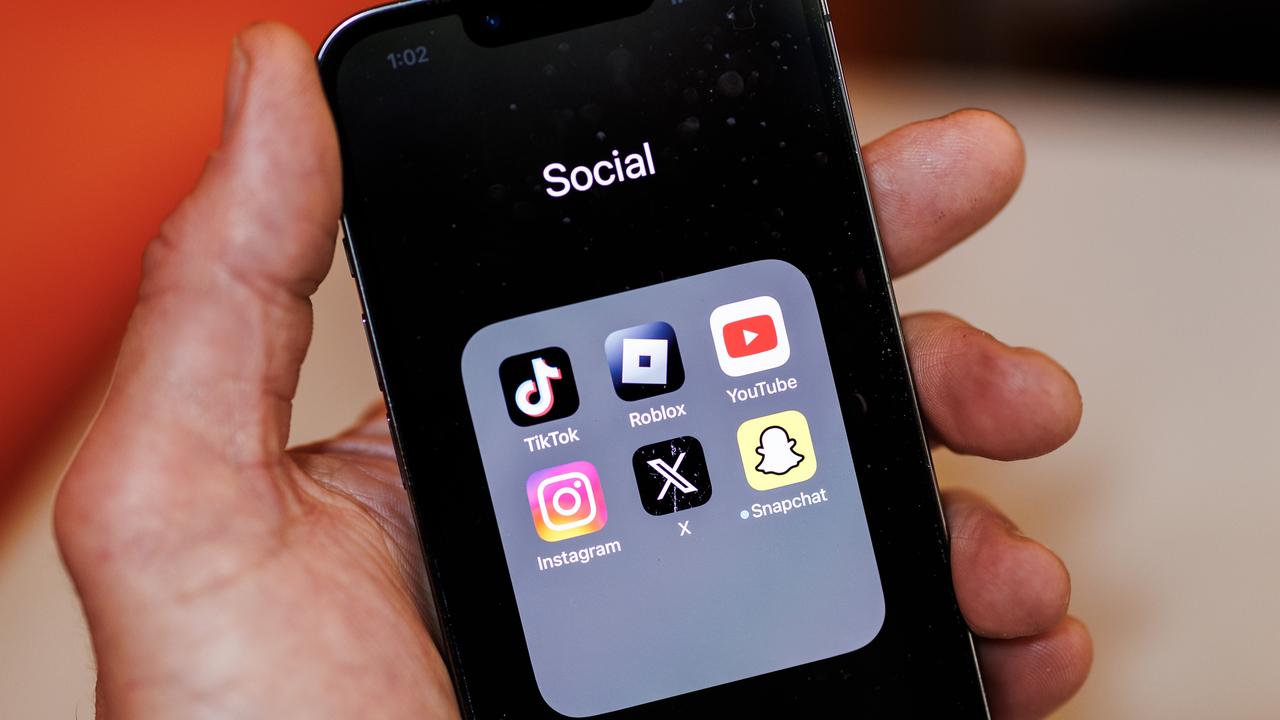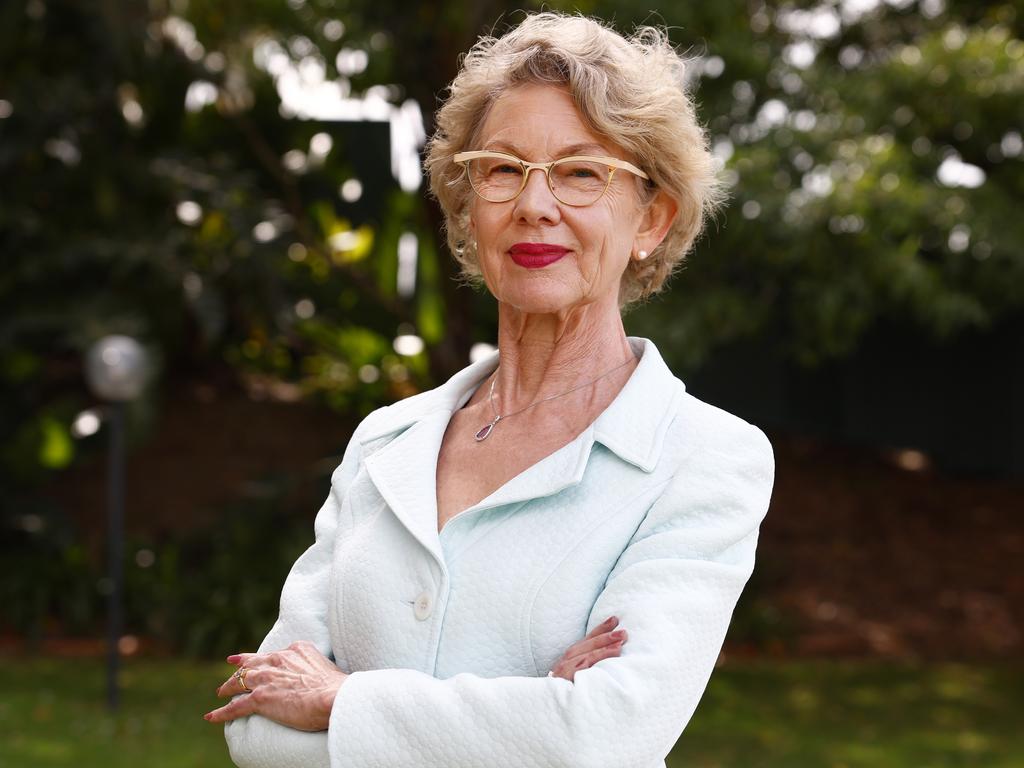Danger of smartphones: Social media’s effect on a child’s brain revealed
An Aussie mum has revealed why she’s vowing not to let her children use a smartphone until they reach a mature age, as an expert reveals how social media can harm a child’s brain. See the video.
Social media is having as “harmful and destructive” an impact on children’s brains as alcohol and cigarettes and stunting their developmental growth, an expert claims.
Neuroscience strategist in learning and development Jill Sweatman said the brains of Australian children were being altered due to increased time spent on social media.
“We don’t let kids smoke and we don’t let them drink alcohol until they’re 18, because we know it affects their developing brain,” Ms Sweatman said.
“But we’re not vigilant about the devices in children’s hands that can have a profound impact on their brains.”

Ms Sweatman said exposure to social media had tangible, detrimental effects on brain development and children were missing academic, physical and emotional “developmental milestones”.
“With the scrolling and the desire to constantly be entertained and being sucked into yet another video on social media, that is changing the structure of the brain,” she said.
“Compulsive social media use in children and teens over time can lead to reduced brain density, resulting in less white and grey matter.
“And what’s critical here is not only the changing structure of the brain, but the prefrontal cortex — which governs decision-making, risk assessment, and self-control — is not developing properly and is being sacrificed.
“So the developmental milestones that children are supposed to reach, academically and physically and emotionally, are not being hit. They are way behind.
“Yes, they can achieve these stages at some point, but it’s harder, it’s delayed and it’s different.”

Ms Sweatman’s comments come as News Corp Australia campaigns for children under 16 years to be restricted from having social media accounts.
They are also supported by national and global experts.
In April, an expert panel commissioned by French President Emmanuel Macron, reported on the negative effects of tech and social media use on children and teenagers.
The panel called for smartphones to be banned for under 13s – and apps such as TikTok, Instagram and Snapchat to be made unavailable to anyone under the age of 18.
“It’s clear we need immediate and sustained action to help adolescents turn the tide on potentially damaging social media use, which has been shown to lead to depression, bullying, anxiety, and poor academic performance,” World Health Organisation Europe director Hans Kluge said.
Ms Sweatman said there needs to be a better public discussion.
“I deal with children whose brains have been changed as evidenced by their level of focus and behaviour. And parents will tell me about how they’re talking to their children and trying to set boundaries,” she said.
“What they don’t realise is they’re trying to rationalise with an underdeveloped brain.”
“And to say you trust your child with their phone, they very well may. But you can’t trust the millions of dollars and the millions of people that sit behind that screen. That’s what they can’t trust.”

‘WE’LL KEEP OUR KIDS OFF SOCIAL MEDIA AS LONG AS WE CAN’
Katrina Ferguson has vowed to not give her three children access to smartphones until they reach a mature age, fearful of the damaging effects social media.
“We’ll keep our kids off social media for as long as possible as we’re not convinced it’s necessary for them to have; we don’t believe the benefits outweigh the potential drawbacks,” Mrs Ferguson, whose kids are aged 12, 10 and eight, said.
And she conceded it may be years before the “true” consequences of social media on body development are known.
“We’re the first generation to be dealing with the proliferation of smart devices and really, we won’t know the true impact of our decisions around them and how our children access and use them, for years,” she said.
“It’s definitely difficult to know where and how to draw lines around smart device and social media access and usage, and it’s not fun being the gatekeeper when it’d be way easier to allow free rein, but as parents, we have to be conscious of the potential impact our decisions have.
More Coverage
Originally published as Danger of smartphones: Social media’s effect on a child’s brain revealed
Read related topics:Let Them Be Kids





